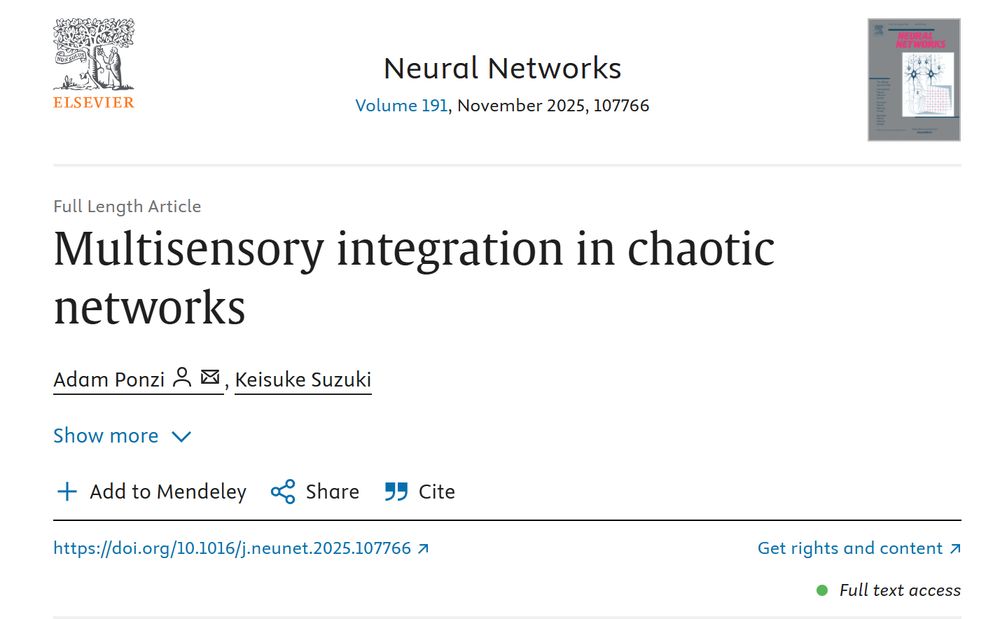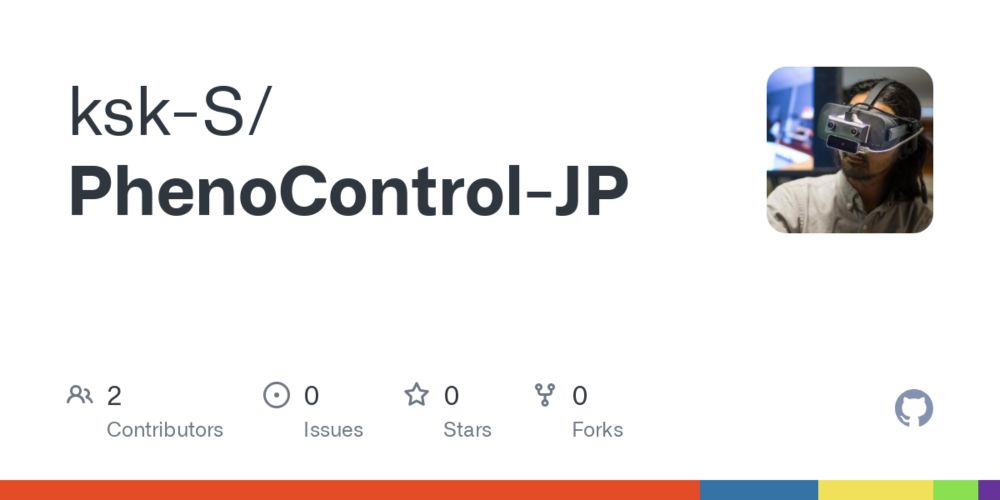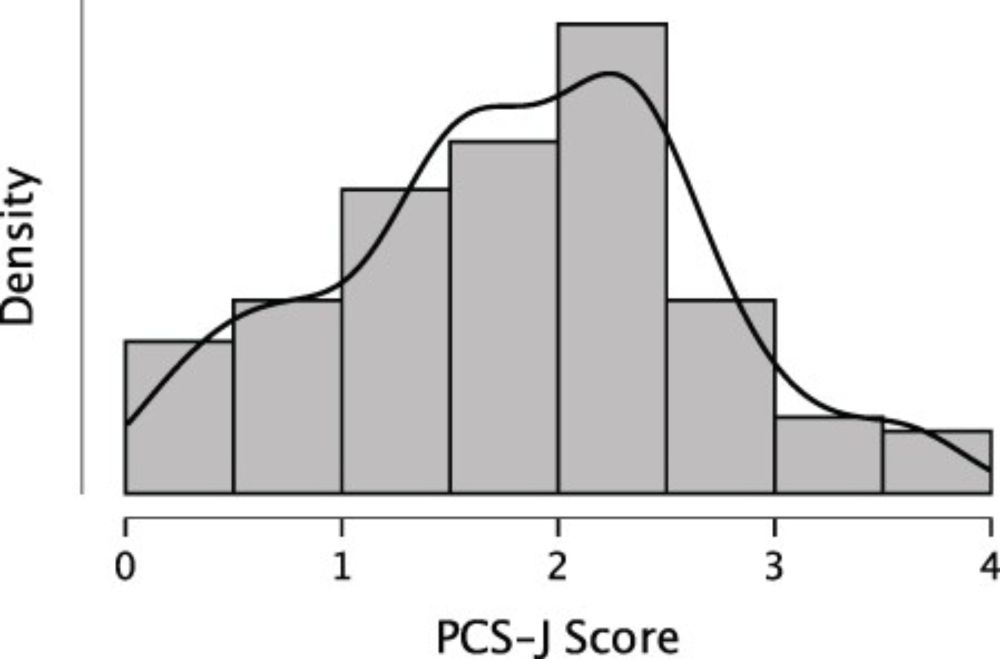Keisuke Suzuki
@ksks.bsky.social
1.3K followers
1.4K following
110 posts
Associat Professor at Center for Human Nature, Artificial Intelligence and Neuroscience (CHAIN), at Hokkaido University, working on Artificial Life/Virtual Reality/Embodied Self/Sense of Presence/Altered States/Computational Phenomenology
Posts
Media
Videos
Starter Packs
Reposted by Keisuke Suzuki
Keisuke Suzuki
@ksks.bsky.social
· Jul 16
Keisuke Suzuki
@ksks.bsky.social
· Jul 16
Keisuke Suzuki
@ksks.bsky.social
· Jul 16
Keisuke Suzuki
@ksks.bsky.social
· Jul 16
Keisuke Suzuki
@ksks.bsky.social
· Jul 16
Keisuke Suzuki
@ksks.bsky.social
· May 30
Keisuke Suzuki
@ksks.bsky.social
· May 30
Keisuke Suzuki
@ksks.bsky.social
· May 30
Keisuke Suzuki
@ksks.bsky.social
· May 30
The Phenomenological Control Scale: Measuring the Capacity for Creating Illusory Nonvolition, Hallucination and Delusion
Phenomenological control is the ability to generate experiences to meet expectancies. There are stable trait differences in this ability, as shown by responses to imaginative suggestions of, for examp...
doi.org
Keisuke Suzuki
@ksks.bsky.social
· May 30
Keisuke Suzuki
@ksks.bsky.social
· May 30
Keisuke Suzuki
@ksks.bsky.social
· May 30
Keisuke Suzuki
@ksks.bsky.social
· May 30
Keisuke Suzuki
@ksks.bsky.social
· May 30
Keisuke Suzuki
@ksks.bsky.social
· May 30
Keisuke Suzuki
@ksks.bsky.social
· May 30
Keisuke Suzuki
@ksks.bsky.social
· May 30
Keisuke Suzuki
@ksks.bsky.social
· May 30



